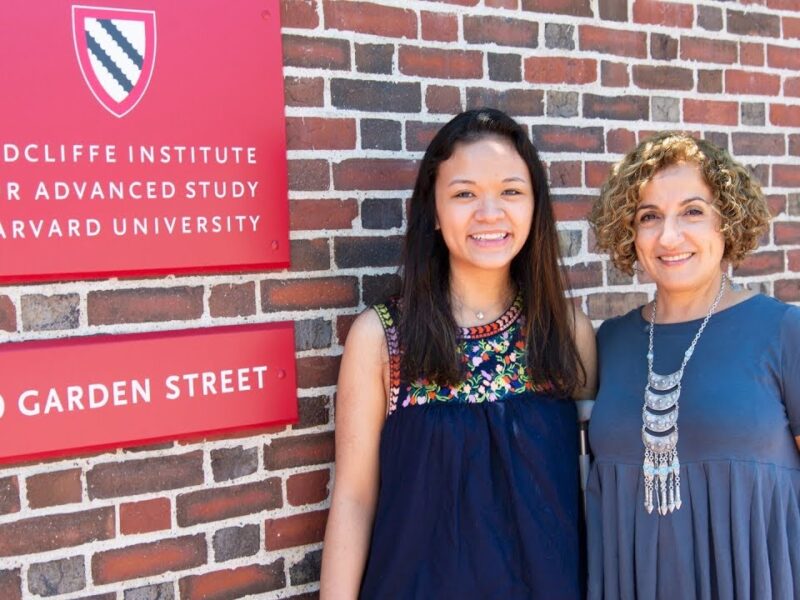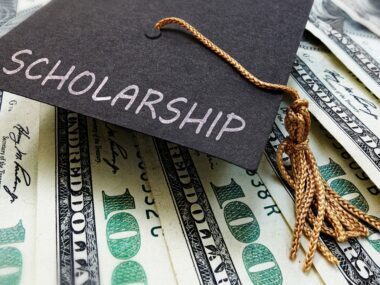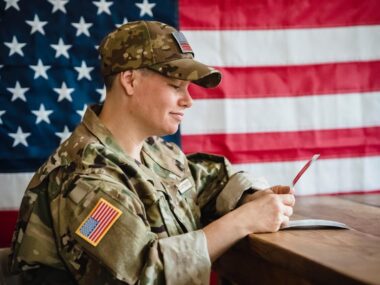Apply To Become a Radcliffe Fellow 2024
Radcliffe Fellows are distinguished individuals encompassing a spectrum of expertise including scientists, writers, scholars, public intellectuals and artists. Their exceptional work not only contributes significantly to their respective professional domains but also extends its impact to the broader world.
These fellows represent a community of thought leaders whose collective efforts shape and influence various spheres leaving a lasting mark on both their disciplines and the greater global landscape.
Nestled in Radcliffe Yard, a serene enclave at the core of Harvard University, fellows find themselves immersed in a distinctive, interdisciplinary and creative community.
A Radcliffe fellowship offers more than just a break from routine; it’s a unique opportunity to delve profoundly into a project unearthing new insights and pushing the boundaries of conventional thinking. Leveraging Harvard’s unparalleled resources, fellows have the chance to forge innovative tools and methodologies, question established norms in both the arts and academia and shed light on the intricacies of our past and the dynamics of our present.
Eligibility for Harvard Radcliffe Fellowship: Nurturing Excellence Across Fields
Harvard Radcliffe Fellowship is an esteemed program that attracts outstanding individuals across various fields including humanities, social sciences, science, engineering, mathematics and the creative arts. The eligibility criteria are designed to ensure a high level of accomplishment and independent research in the applicants’ respective areas of expertise.
For Applicants in the Humanities and Social Sciences:
Hold a doctorate (or equivalent terminal degree) in the proposed project’s area at least two years before the fellowship’s commencement (December 2022 for the 2024-25 fellowship year).
Have published a monograph or a minimum of two articles in refereed journals or edited collections.
For Applicants in Science, Engineering and Mathematics:
Possess a doctorate in the proposed project’s area at least two years before the fellowship’s commencement.
Have a publication record of at least five articles in refereed journals, with many fellows in these fields often having numerous publications.
Note: This is not a post doctoral fellowship; applicants must exhibit a robust body of independent research and writing.
For Applicants in the Creative Arts:
Film and Video:
Demonstrate a significant body of independent work with exhibitions in galleries, museums, film or video festivals or television broadcasts.
Visual Arts:
Show strong evidence of achievement with a professional artist record of at least five years including curated group shows and two solo exhibitions.
Fiction and Nonfiction:
Have published books, a contract for a book length manuscript or at least three longer works (beyond newspaper articles).
Poetry:
Demonstrate a track record of at least 20 published poems in the last five years or a published book of poetry, with an ongoing manuscript.
Journalism:
Work professionally as a journalist for a minimum of five years.
Playwriting:
Exhibit a significant body of independent work including produced or optioned plays.
Music Composition:
While a PhD or DMA is desirable, the crucial factor is a strong record of achievement as a professional artist.
Former Harvard Radcliffe fellows (1999-present) are ineligible to apply.
International Applicants:
Encouraged to apply and Harvard University typically sponsors J-1 scholar visas for Harvard Radcliffe Fellows.
Current PhD/Master’s Students:
Cannot apply unless the dissertation has been accepted and the degree is forthcoming, demonstrating a strong body of independent work.
Independent Scholars/Artists:
Eligible to apply; affiliation with an academic institution is not required.
Group Projects:
Accept group applications of two or three individuals working on the same project.
Each member submits a separate application and all must meet eligibility requirements. Each group member uploads the same document for the project proposal, highlighting the collaborative nature.
Application Components
Application Form: Complete the online application form.
Curriculum Vitae (CV): Limit your CV to six pages, emphasizing significant achievements, publications, exhibits, etc.
Project Proposal: Limited to 1,400 words including a 150 word abstract summarizing your project. Follow a recommended format for clarity.
Writing or Work Sample: Submit relevant work – unpublished or published articles, book chapters, poems, etc. Each category has specific guidelines.
References: Provide contact information for three references who will be prompted to upload letters of recommendation.
FAQs About Application
- Re submission: No, applicants must submit a new application each year.
- Starting an Application: Register as a new user, then log in and select your application area.
Interdisciplinary Work: Designate a primary discipline and optionally choose an additional disciplinary area. - CV Length: Keep it within six pages, highlighting major achievements.
Project Proposal Format: Limited to 1,400 words, 12 point font, double spaced, with a 1 inch margin. - Footnotes and Images: Footnotes don’t count in the word limit and images are allowed but compress them to fit within the 10 MB upload limit.
- Sample Proposal: While not providing a sample, review fellow descriptions on the website for project examples.
- Focus Areas: Proposals can cover any topic, not restricted to specific focus areas.
Project Proposal Tips: - Abstract: Craft a 150 word abstract covering introduction, project description, material/sources/archives and broader project significance.
- Content: Clearly describe the project’s significance, context and its contribution to the field.
- Theory and Methodology: Clearly articulate the theory and methodology, citing relevant work if applicable.
- Bibliography: Optional but recommended for situating your project within current scholarship. Keep it concise.
- Work Sample: Follow specific guidelines for your field—articles, book chapters, poems, plays or visual art.
General FAQs:
Doctoral Degree: For humanities and social sciences, a doctorate is required, with specific publication criteria. Science, engineering and mathematics fellows should have a Ph.D.
Creative Arts Criteria: Different disciplines have specific eligibility requirements for applicants in the creative arts.
International Applicants: Encouraged to apply; Harvard typically sponsors J-1 scholar visas.
Current Students: Not eligible if currently enrolled, unless the dissertation has been accepted.
Independent Scholars/Artists: Eligible, no affiliation with an institution required.
Group Projects: Accepted for groups of two or three; all members must meet eligibility criteria.
Applying for a Harvard Radcliffe Fellowship in the fields of Science, Engineering and Mathematics involves considerations specific to the nature of these disciplines. Here’s a detailed guide to address common questions and enhance your application:
Collaborative Projects and Lab Based Scientists:
- Local Collaboration: If your project involves collaboration with a Boston based lab, contact a potential lab host before applying. Include a letter of support from the local lab host among your three letters of recommendation.
- Running a Remote Lab: If you run a lab at your home institution, establish regular videoconference meetings with lab members. Clearly communicate expectations and consider planning visits during scheduled breaks in the fellowship year.
Project Suitability in the Sciences:
- Collaborative Projects: Scientists collaborating with local labs, proposing book projects reflecting on research implications or engaging in interdisciplinary endeavors are well suited.
- Infrastructure Considerations: Projects requiring minimal infrastructure, such as theoretical research, data science, computer science, mathematics or statistics, are encouraged.
Reprints and Supporting Materials:
- Definition of Reprints: In scientific terms, “reprints” refer to published scientific papers. Upload three reprints (scanned or electronic versions) as part of your supporting materials.
Selection Process and Evaluation Criteria:
- Two Tiered Review: Applications go through a two tiered review process – first by experts in the relevant field, then by a multidisciplinary committee.
- Evaluation Criteria: Applications are assessed based on project quality and significance, as well as the applicant’s intellectual and creative capacity. Diversity along various dimensions is highly valued.
Notification and Reapplication:
- Notification Timing: Applicants will receive results via email in March 2024.
- Reapplication: If not selected, applicants can reapply in the next cycle.
Other Considerations:
- Alternative Fellowship Offers: If you receive another fellowship offer inform Radcliffe. Deciding to accept another fellowship before Radcliffe’s process completion requires notifying Radcliffe for application withdrawal.
- Feedback Availability: Unfortunately, feedback on applications is not provided.
Preparing a successful application involves tailoring your materials to the unique expectations of the Harvard Radcliffe Fellowship in Science, Engineering and Mathematics. Clearly articulate collaborative aspects, demonstrate project suitability and align with evaluation criteria to maximize your chances of becoming a Radcliffe Fellow.






